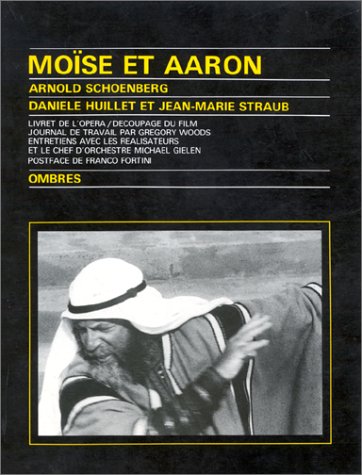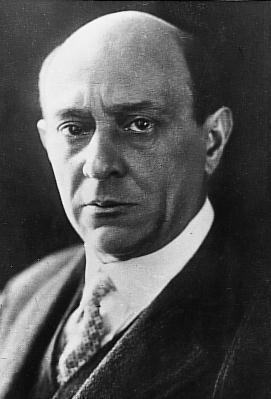
Author

Noted Austrian composer Arnold Schoenberg abandoned traditional tonality and developed the twelve-tone system for atonal music. Associated with the expressionist movement in German poetry and art, he led the second Viennese school. He used the spelling Schönberg until his move to the United States in 1934, whereupon he altered it to Schoenberg "in deference to American practice." His approach in terms of harmony developed among the major landmarks of 20th-century thought; at least three generations of composers in the European and American traditions consciously extended his thinking or in some cases passionately reacted in opposition. During the rise of the Nazi party in Austria, people labeled his music alongside jazz as degenerate art. People widely knew Schoenberg early in his career for his success in simultaneously extending the traditionally opposed German romantic styles of Johannes Brahms and Richard Wagner. Later, his name came to personify pioneering innovations, the most polemical feature of 20th-century art music. In the 1920s, the Schoenberg technique, a widely influential method, manipulated an ordered series of all notes in the chromatic scale. He also coined the term variation, and this first modern embraced ways of motifs without resorting to the dominance of a centralized melodic idea. Schoenberg, an important music theorist, also painted and influentially taught his students, who included Alban Berg, Anton Friedrich Wilheim von Webern, Hanns Eisler, Egon Wellesz, and later John Milton Cage, Lou Harrison, Earl Kim, and many other prominent musicians. Avant-garde musical thought throughout the 20th century echoes many of practices, including the formalization of method and his habit of openly inviting audiences to think analytically. His crucial, often polemical views of music history and aesthetics influenced many significant musicologists and critics, including Theodor Adorno, Charles Rosen, and Carl Dahlhaus,of the 20th century. His thought also considerably influenced the pianists Rudolf Serkin, Artur Schnabel, Eduard Steuermann, and later Glenn Gould. The Arnold Schönberg center in Vienna collects his archival legacy.